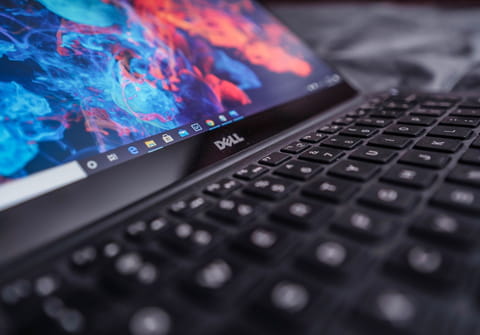How to fix screen flickering: Windows 10, laptop

The monitor is one of the most important components of a computer. Sometimes though it may produce a few issues: it may even start flickering or showing waves. If that's the case, don't panic, this problem can be fixed. Read on to find out what to do if your monitor is flickering or showing waves.
This problem can come from various sources. It may be that the monitor is broken, the source of power might be corrupted or the adapter is failing. It can also be due to disturbances from nearby electronic devices or the display may be picking up line noise. The problem can also emanate from a magnetic force in the vicinity. Regardless of the cause, there is a way to check where the problem lies and eventually fix it.
- Make sure all connections for the monitor are properly connected.
- If you have spare monitor adapters and cords, try using them.
- Plug the power cord of the monitor into a different outlet running off a different circuit in your home.
- Try moving any electrical devices near your monitor at least 8 feet away.
- Try using a certified, grounded extension cord for your monitor
- If none of the above makes a difference if you have a spare monitor try to use it.
- Make sure the GPU of your system isn't dusty and the fans are working properly.
- Try lowering the refresh rate of your monitor to 70-75 and setting the resolution as high as it can go, then restart the computer.
If all this fails, it still may not be a problem with your PC as a whole, but bad electricity in your building. If you live near a switching grid or some other high power stations this can be a common problem in homes after heavy lightning storms. Your system gets shocked (surge protector or not) due to bad wiring and creates corruption in the flow of electricity to your PC. In this case, you can fix the problem temporarily, but be aware that it’s not a permanent solution and it can not be done many times since it can harm your PC.
- Start your computer up normally and once booted, abruptly hit the restart button.
- On the first screen shown as the computer reboots, abruptly hit the power button (not restart), and quickly hit the power button again to start the computer up.

